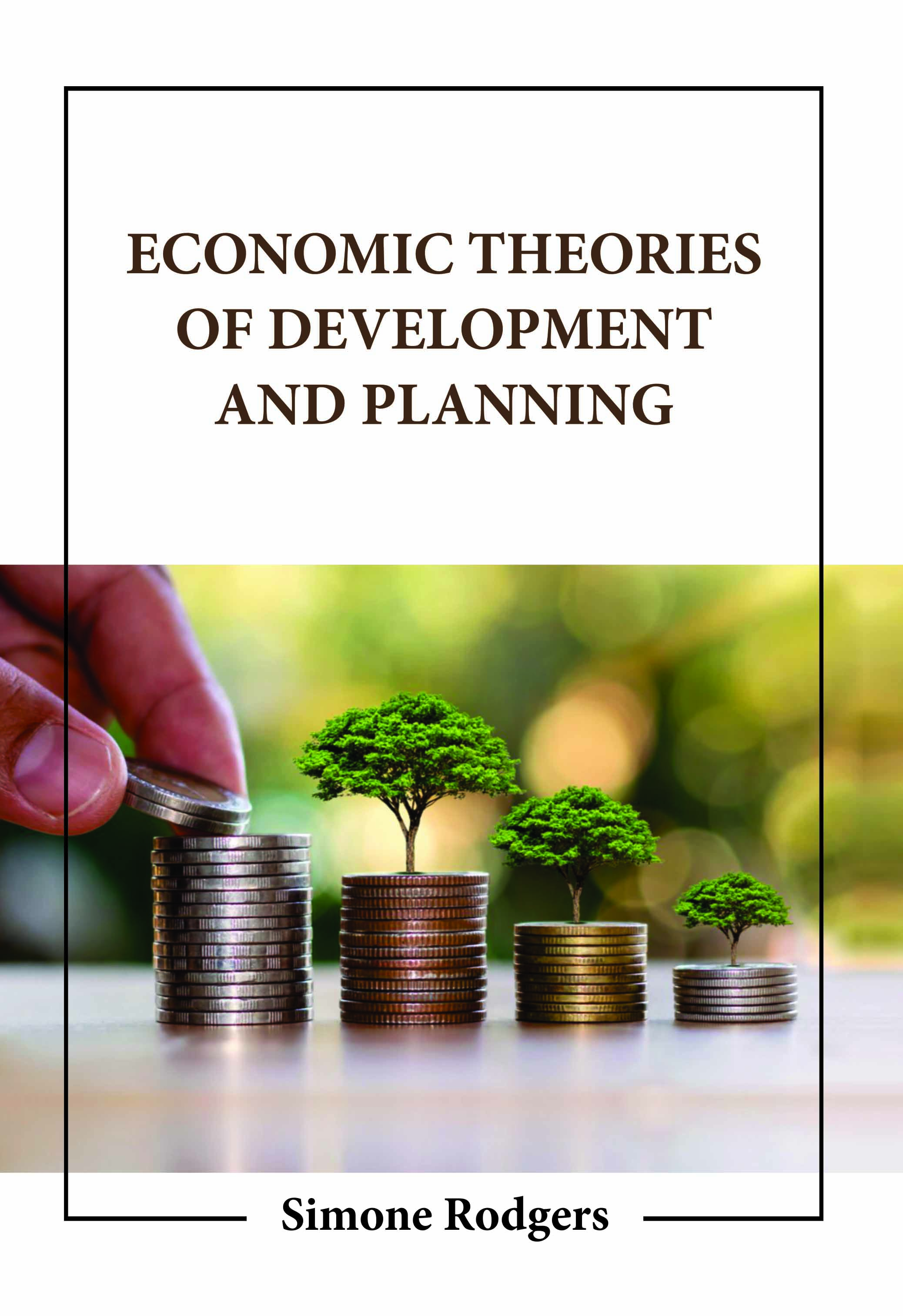
Economic Theories of Development and Planning
by Simone Rodgers
| ISBN | 9781806248681 |
|---|---|
| Publisher | Digital Drive Learning |
| Copyright Year | 2026 |
| Price | $250.00 |

by Simone Rodgers
| ISBN | 9781806248681 |
|---|---|
| Publisher | Digital Drive Learning |
| Copyright Year | 2026 |
| Price | $250.00 |
A conventional dual-system society is transformed by economic progress into a productive framework in which everyone contributes and benefits appropriately. Economic growth comes when all facets of society experience its positive effects due to economic efficiency and equality. Agency, transaction, secondary, and opportunity costs are just a few of the negative externalities to society that will be present along with economic efficiency. A long-term framework that has been properly constructed is an economic development plan. It is employed to support communities in a variety of circumstances. Economic development planning aims to build and sustain a robust, thriving local economy. Planning for local government economic development requires intergovernmental coordination and is a component of a region's overall economic development strategy. The economic development plan thoroughly assesses the economy, establishes policy priorities for economic growth, and outlines initiatives, programs, and methods for economic improvement. Key economic choices are made or affected by central governments through the process of economic planning. In contrast, the laissez-faire strategy avoids any attempt to steer the economy and instead relies on market forces to decide the rate, course, and type of economic evolution. Finally, the author recalls the anticipation surrounding the earliest stages of development planning and a fall in the value placed on the planning process. The fundamental knowledge regarding global planning and economic development is provided in this book.